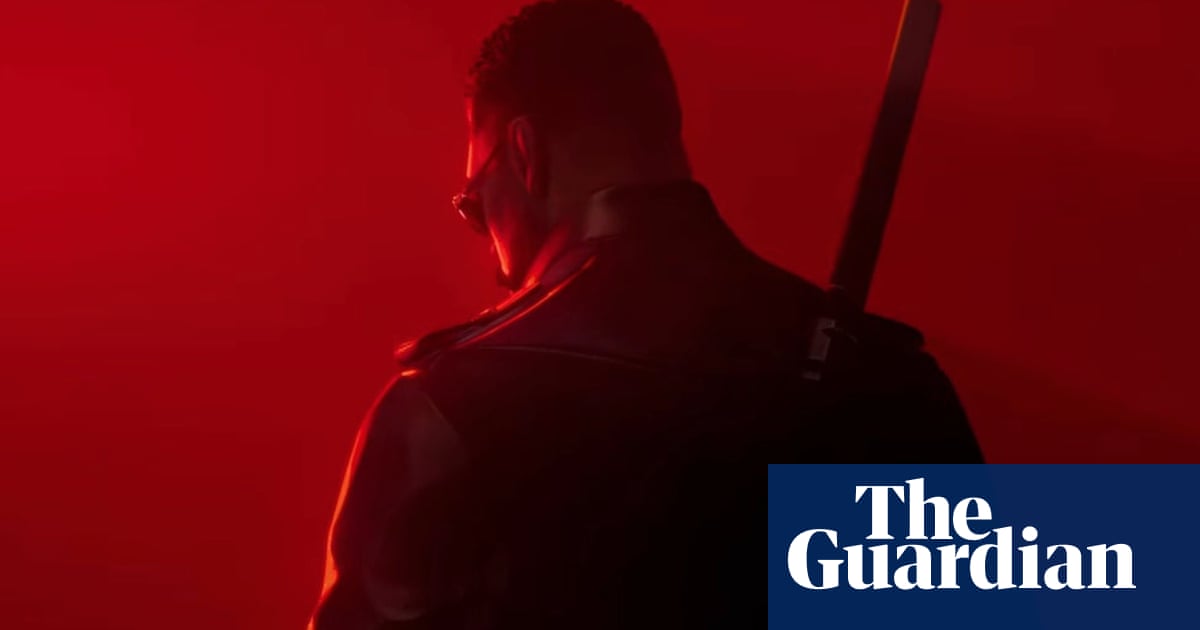
The uncertainties of the pandemic might have skewered plans to host a hybrid festival – it was originally hoped to combine an in-person event in Park City, Utah with an online option – but certain Sundance truths remain inviolable. Key among them is the fact that even without the heady effect of all that mountain air, and despite a selection this year that is unlikely to go down as one for the ages, Sundance buzz remains a powerful force with the potential to propel a small film to big results. This year, however, there is little that has combined crowd-pleasing credentials with critical consensus.
Perhaps the main contender for crossover success is Cha Cha Real Smooth, the second film from American Gen Z wunderkind Cooper Raiff (Shithouse), who wrote, directed and stars in a sweet, funny and almost painfully earnest drama about a directionless 22-year-old college leaver (an endearingly puppyish Raiff) who falls hard for Dakota Johnson’s thirtysomething divorcee with an autistic daughter. On paper, it’s an archetypal Sundance movie – emotionally engaging, honest, with just a hint of grit – but my gut says that some slightly sniffy reviews have misjudged the broad appeal of this one.
It’s a rare film that manages to capture a specific generational angst while also connecting across the board. It helps that the chemistry between Raiff and Johnson is explosive. But then so is the chemistry between Johnson and Sonoya Mizuno, who plays her best friend in Am I OK?, a gentle comedy directed by Tig Notaro and Stephanie Allynne, written by Lauren Pomerantz, about a young woman who belatedly realises that she’s attracted to girls. On recent evidence, it seems likely that Johnson could be cast opposite a loaf of bread and still melt the screen with the force of her languid, smouldering gaze.
Cha Cha Real Smooth is one of several films that deal with one of this year’s recurring Sundance themes: age-gap romances. Markedly less benign and cosy is Palm Trees and Power Lines, the accomplished and profoundly uncomfortable feature debut from Brooklyn-based (female) director Jamie Dack. Featuring a revelatory performance from newcomer Lily McInerny, it follows 17-year-old Lea – disconnected, bored and neglected – as she embarks on a romance with Tom (Jonathan Tucker), a man twice her age. At least she thinks it’s a romance. What becomes sickeningly clear as the film progresses is that Tom is grooming her. It’s not an easy watch – one extended shot in a hotel room is almost unbearable – but this is undoubtedly one of the festival’s standouts.
Another picture that deals with age gaps, albeit less successfully, is Lena Dunham’s belated follow-up to her 2010 mumblecore breakthrough Tiny Furniture. Sharp Stick follows a naive young woman on a journey of sexual self-discovery, but its queasy tone drew a collective “yikes” from most critics.
There has been a strong showing of British productions this year, notably Ed Perkins’s The Princess, an archival documentary telling the story of Diana, Princess of Wales, entirely through news clips, period commentary and amateur footage. It’s a similar approach to that employed by Asif Kapadia in Amy, and it brings freshness and intimacy to a story that’s been told and retold innumerable times.
Also impressive is Living, Oliver Hermanus’s classy, 1950s, London-set remake of Akira Kurosawa’s Ikiru, starring Bill Nighy as a buttoned-up civil servant who belatedly finds a purpose and joy in life after having received a terminal cancer diagnosis. With costumes by Sandy Powell, this is one of the most handsome pictures in the Sundance selection and seems like a potential contender for awards next year.
The standout for me, though, is a micro-budget comedy drama from Wales, about a lonely inventor who creates a robot from bits of an old washing machine. Brian and Charles is written by and stars David Earl and Chris Hayward, the latter enclosed in an unwieldy box to play the robot. It’s an oddball delight of a film that takes its silliness utterly seriously and is all the funnier for it.
In a Sundance programme that has had no shortage of high-quality performances, I was particularly taken by Aubrey Plaza’s career-best turn in John Patton Ford’s propulsive debut, Emily the Criminal. She plays a young woman sinking into debt, but whose criminal record prevents her from working at anything more lucrative than a food delivery service. A combination of desperation and inclination means that when she gets the opportunity to make quick money through credit card fraud, she grabs it. And she’s good at it. A taut, tough little thriller, this is a perfect showcase for Plaza’s hard-as-nails physicality and irresistible bad-girl minxiness.
The real discovery of this year’s festival, however, is one of its more ambiguous and unusual films. You Won’t Be Alone, by the Australian writer-director Goran Stolevski, is set in 19th-century Macedonia, in a culture steeped in folklore and superstition. A child whose soul is stolen by a witch rejects the path that has been assigned her, instead taking the form of a series of people and animals (including Noomi Rapace, at one point) in an attempt to relearn what it is to be human. The shape-shifting poetry of the film, its visual lyricism and the use of an enigmatic voiceover have drawn comparisons with the work of Terrence Malick. But in this case, references to other film-makers don’t do the picture justice. You Won’t Be Alone is thrillingly and emphatically its own thing, whatever form it chooses to take.












